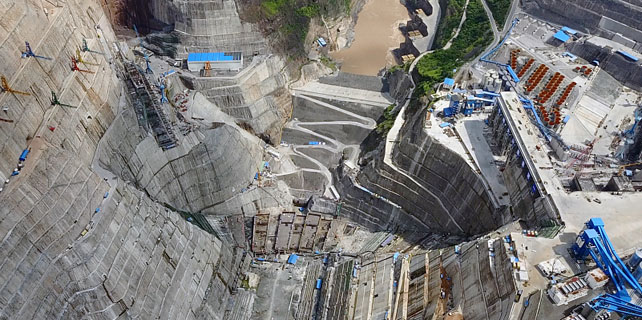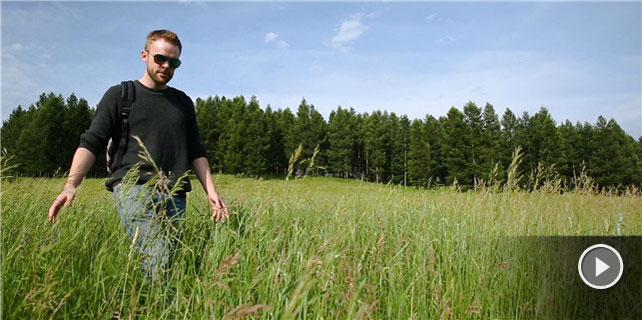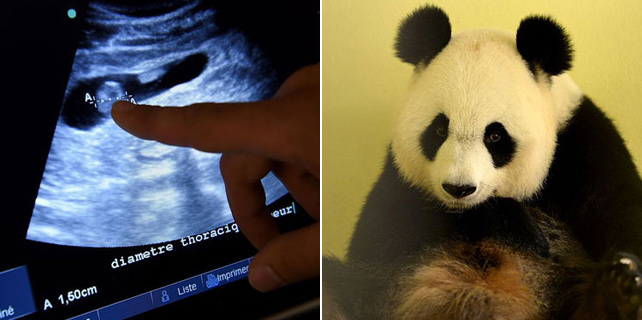Industry bodies to set new standards
Industry, business and professional associations in China will soon formulate and adopt standards for their respective sectors, which is an organizational innovation, industry insiders said.
A knowledgeable official with the Industry Standards Department of the Standardization Administration of China, who sought anonymity, said, "The Chinese government would like associations and such bodies to adopt standards for their constituent members to meet the demands of the market."
In 2015, the State Council issued a reform plan for deepening standards formulated by associations, breaking the tradition of over-reliance on the government for guidance in such matters, the official said.
Standards need to be formulated by members of associations, chambers of commerce and industry technology alliances through independent consultation and implemented voluntarily by related units.
Such standards should take into consideration the development trend and innovation level of the whole sector, and seek to stimulate innovation ability and enthusiasm for work among the market players, the official said.
Standards adopted by associations and industry bodies can help members to respond to the market demands in time.
Most standards at industry body level take only six to 10 months to formulate, much faster than the national average of two years.
For instance, the Chinese Institute of Electronics has adopted its own standards. One of them is "General Principle of Wheeled Robot Mobile Platform Design". It fills certain existing gaps in China, and effectively shapes the development of the robot industry.
On May 17, seven standards on energy saving and emission reductions were adopted by a sectoral association in Guangdong province.
Once associations start to establish standards, even legal social groups will likely quickly get on board, the official said.
So far, 723 social groups have registered on the platform for formulation of new standards, and have adopted 1,219 standards in various sectors, according to official data.
The platform, which was set up in 2016, provides information services to institutions and social groups, and addresses queries from the public.






















